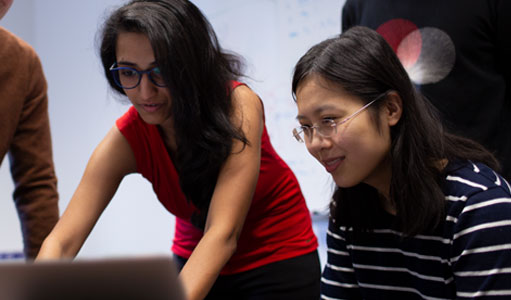
Making the Case for More Women in Computer Science
A new grant supports and expands Columbia’s proven track record for inclusivity. There has been an explosion of interest … Continue reading Making the Case for More Women in Computer Science

A new grant supports and expands Columbia’s proven track record for inclusivity. There has been an explosion of interest … Continue reading Making the Case for More Women in Computer Science
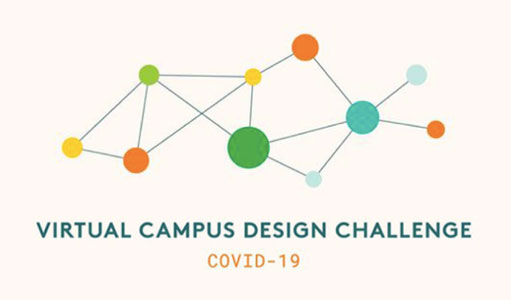
Lydia Chilton and Eugene Wu developed a virtual design challenge for students to address the challenges of remote living.
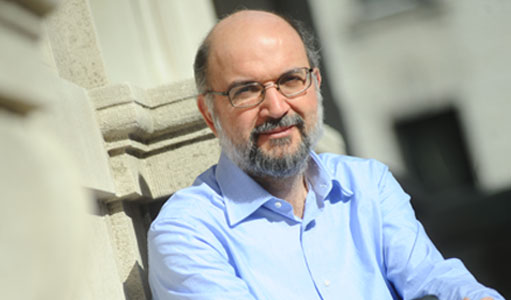
Professor Mihalis Yannakakis is recognized for his fundamental contributions to theoretical computer science and applications to other areas.
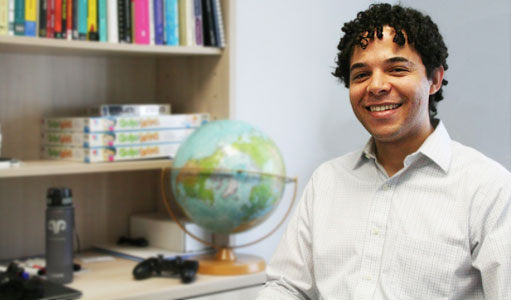
Brian Smith talks about his project – an audio navigation system that makes it possible for people to navigate using sound in a self-directed way.
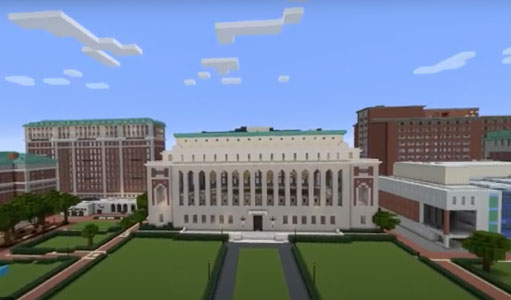
LionCraft is a virtual campus in the video game Minecraft where students are recreating the campus and reconnecting with each other.

Professor Salvatore Stolfo writes about phishing attacks and how it is important to stay vigilant against digital fraud even during the COVID-19 pandemic.
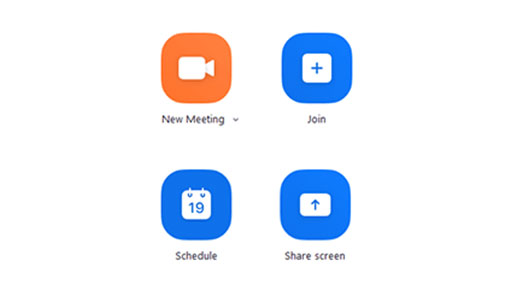
Professor Steven Bellovin writes about the video conferencing app Zoom and its security and privacy flaws.
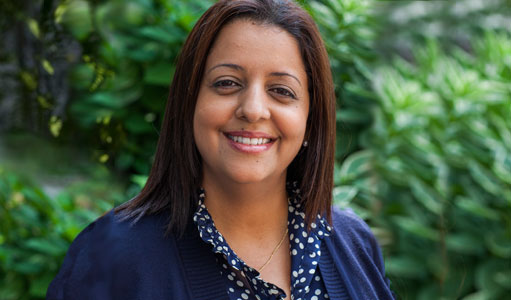
Almost 400,000 babies were born prematurely—before 37 weeks gestation—in 2018 in the United States. One of the leading causes of newborn deaths and long-term disabilities, preterm birth (PTB) is considered a public health problem with … Continue reading Can AI Help Doctors Predict and Prevent Preterm Birth?
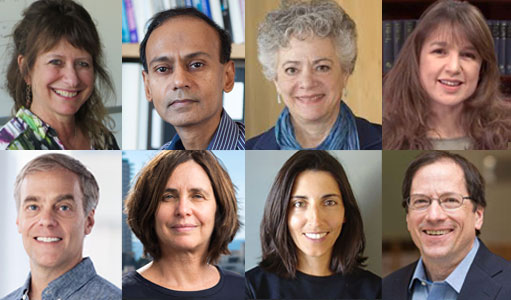
The Distinguished Lecture series brings computer scientists to Columbia to discuss current issues and research that are affecting their particular … Continue reading The Distinguished Lecture Series Explores the Latest in CS Research

The Data Science Institute (DSI) at Columbia University has awarded 2020 seed grants to research teams whose projects merge data science with traditional fields to solve pressing societal problems. DSI’s Seed Funds Program supports new … Continue reading Data Science Institute Seed Grants Support Interdisciplinary Research Across Columbia

Multidisciplinary collaborations across Columbia include work by CS professors – Peter Allen and Paul Blaer’s scans of French cathedrals and Steven Feiner’s augmented reality app of a 16th-century manuscript.
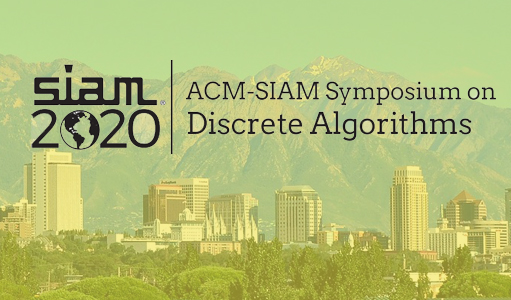
Nine papers from CS researchers were accepted to the ACM-SIAM Symposium on Discrete Algorithms (SODA20), held in Salt Lake City, … Continue reading Papers from the Theory of Computing Group Accepted to SODA 2020
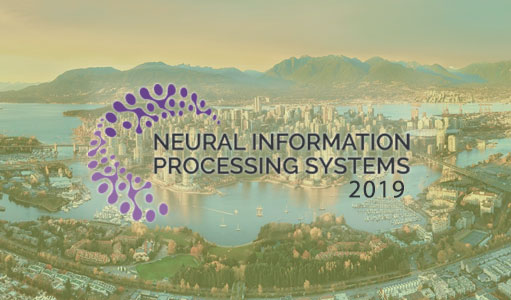
The 33rd Conference on Neural Information Processing Systems (NeurIPS 2019) fosters the exchange of research on neural information processing systems … Continue reading 21 papers from CS researchers accepted to NeurIPS 2019

Assistant Professor Allison Bishop takes a look at failure and how people can learn from “unsuccessful” research. When it comes … Continue reading When Does Failure Become a Good Thing?
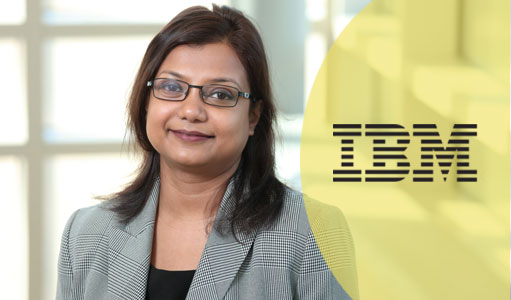
The highly selective award is given to professors in leading universities worldwide to foster collaboration with IBM researchers. Ray will use the funds to continue research on artificial intelligence-driven program analysis to understand software robustness.
Find open faculty positions here.
President Bollinger announced that Columbia University along with many other academic institutions (sixteen, including all Ivy League universities) filed an amicus brief in the U.S. District Court for the Eastern District of New York challenging the Executive Order regarding immigrants from seven designated countries and refugees. Among other things, the brief asserts that “safety and security concerns can be addressed in a manner that is consistent with the values America has always stood for, including the free flow of ideas and people across borders and the welcoming of immigrants to our universities.”
This recent action provides a moment for us to collectively reflect on our community within Columbia Engineering and the importance of our commitment to maintaining an open and welcoming community for all students, faculty, researchers and administrative staff. As a School of Engineering and Applied Science, we are fortunate to attract students and faculty from diverse backgrounds, from across the country, and from around the world. It is a great benefit to be able to gather engineers and scientists of so many different perspectives and talents – all with a commitment to learning, a focus on pushing the frontiers of knowledge and discovery, and with a passion for translating our work to impact humanity.
I am proud of our community, and wish to take this opportunity to reinforce our collective commitment to maintaining an open and collegial environment. We are fortunate to have the privilege to learn from one another, and to study, work, and live together in such a dynamic and vibrant place as Columbia.
Sincerely,
Mary C. Boyce
Dean of Engineering
Morris A. and Alma Schapiro Professor